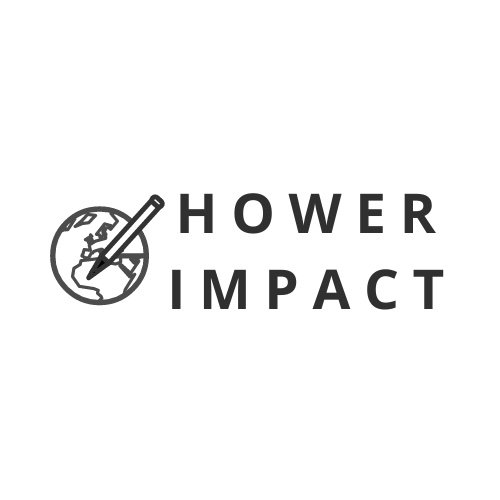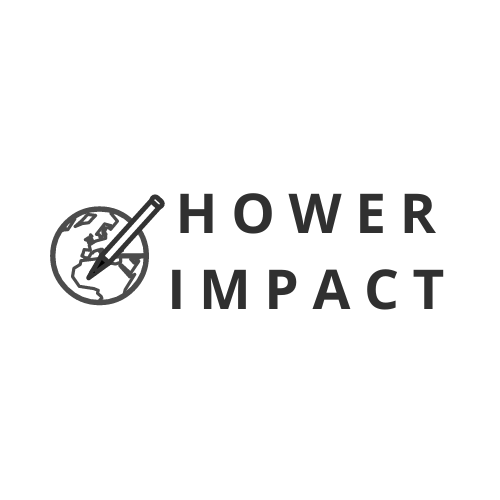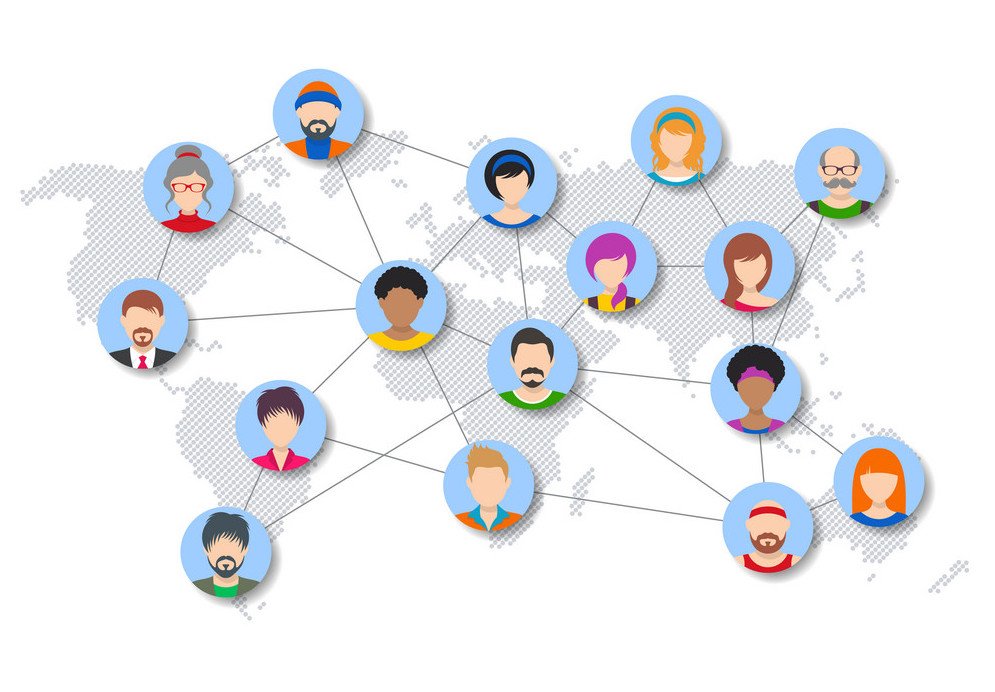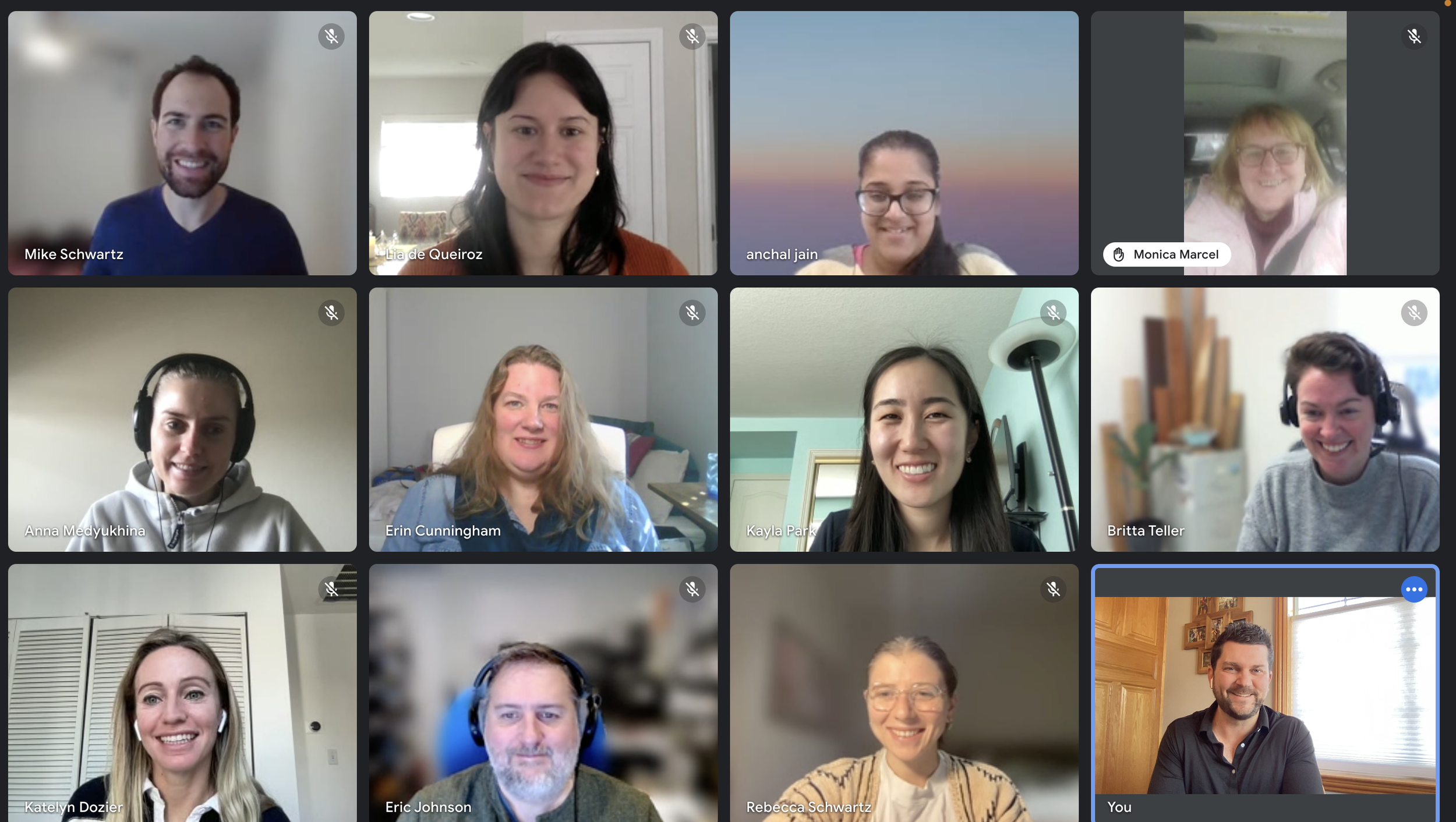5 lessons from the first year of Impact Hour
Impact Hour serves as a forum for current and aspiring impact professionals to share ideas, troubleshoot challenges, and share honest career advice.
With an abundance of folks struggling to find work in sustainability, yet no shortage of open roles — and many industry veterans losing motivation — about a year ago I realized that if we hope to be successful in addressing the world’s pressing sustainability challenges, we’ll need to overcome barriers to entry, learning, and connection.
That’s why in January 2022, I launched Impact Hour as a forum for current and aspiring impact professionals to share ideas, troubleshoot challenges, and share honest career advice. Since then, we’ve convened over 100 folks at all stages of their impact career journeys to discuss everything from corporate sustainability trends to how to navigate career challenges and opportunities.
“Impact Hour is a fun, energizing way to connect with sustainability professionals,” said Jacklyn Beebe, a supervisor at the accounting firm KLR. “I was excited to see people in a variety of role titles and from various sectors come together to chat about their work.
“I have gained both professional connections and lasting friendships from my involvement and couldn’t be happier with my decision to join this type of dynamic group meeting,” she added.
The magic of these sessions is that they take a life of their own — often, I sit back as attendees engage and connect with each other. Seasoned sustainability professionals get back as much as they give to those earlier in their careers.
Here are a few things I’ve learned from the first year of Impact Hours:
1. Don’t define sustainability jobs too narrowly
You don’t need to have “sustainability” or “ESG” in your title to work in corporate sustainability. Yet many continue to believe that the only true sustainability professional is one who works in-house at a major corporation overseeing sustainability strategy and execution. While this is a path for sure, it isn’t the only one.
In order to address the climate crisis and other social and environmental challenges, we need people working in operations, communications, supply chain, finance, policy, education, and several other disciplines. While some have a tendency to put Chief Sustainability Officers and ESG leads on a pedestal, the work is not always that glamorous and though it might be right from some folks it isn’t for everyone. There are many other pathways to an impactful career.
2. Cultivate soft skills
Having all of the world’s sustainability know-how means little if you can’t effectively navigate your organization’s internal politics to get things done. Often the most difficult aspect of a corporate sustainability professional’s job isn’t counting carbon, responding to CDP questionnaires, or creating ESG reports — it’s dealing with good, old-fashioned organizational politics. These determine budgets, policies and other business priorities.
In order to be effective internally, sustainability professionals must master networking and communication skills. One way to improve these so-called “soft skills” is by working with a coach or joining networking groups like Impact Hour. For more on this, check out my GreenBiz piece on this topic.
3. Develop a clear personal purpose
Many pursue purpose-driven jobs out of an intense, visceral desire to “build a better world.” But passion alone won’t be enough to sustain you through the peaks and valleys of a career in corporate sustainability. I’ve met many veteran sustainability professionals who are considering changing careers after running out of passion after years of setbacks and challenges inherent in their roles. We can’t afford to suffer sustainability brain drain.
Think deeply about the concept of “building a better world.” What does this mean to you? What does success look like? Getting more specific about the change in the world you want to see will help you stay focused and motivated when facing a sustainability career rut.
4. Persistence pays off
While the lucky few find a sustainability job right out of school, most don’t. I’ve met many more folks who have struggled for months or even years to land a sustainability gig. Some were right out of school, while others were changing careers or reentering the workforce after taking a break. One individual told me he had spent a year applying to over 100 jobs and had been rejected from every single one of them. I urged him to stay the course, as hard as it was. A few months later, I was thrilled to learn that he had landed a great gig at an impactful organization. If you want a job in sustainability, you must persist.
5. Maintain a growth mindset
Like all professions, sustainability workers have varying degrees of competency, knowledge, and skill. Yet the knowledge and experience needed to be effective in a sustainability career is constantly in flux. This means that nearly everybody working in the space suffers from imposter syndrome — whether they’ll admit it or not. It also can lead to some folks assuming certain individuals to be paragons of ESG knowledge.
But the truth is that nobody knows everything about everything related to sustainability. As the profession matures, sustainability career paths will become more specialized in the skills and knowledge needed to succeed. However, just as medical professionals must constantly learn the latest theories, technologies, and techniques to stay on top of their game, so will sustainability professionals need to learn and grow to meet evolving challenges and opportunities.
Since launching in 2022, we’ve hosted over 100 impact professionals during several Impact Hour sessions.
The future of Impact Hour
Moving into 2023, I am excited to see Impact Hour continue to evolve and grow. We are building an extended community of impact-driven professionals at all stages of their career journeys. If you would like to join a future Impact Hour, check for registration here.



